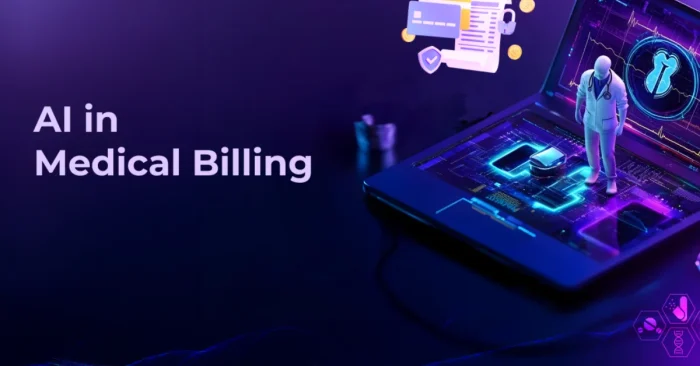Overview
AI tools for employee training are transforming workplace learning by offering personalized, efficient, and scalable solutions. These tools use artificial intelligence to assess employee needs, track progress, and recommend training modules tailored to individual skills and roles. Unlike traditional training, AI-driven platforms adapt to learning speeds and styles, ensuring maximum engagement and knowledge retention. Businesses benefit from improved productivity, reduced training costs, and a workforce that is continuously upskilled. By integrating AI into employee training programs, organizations can foster a culture of continuous learning, prepare employees for evolving job requirements, and stay competitive in today’s fast-changing business environment.
1. AI in Personalized Learning Paths
AI creates customized training journeys for employees by analyzing their skill gaps and career goals. This ensures that each learner receives relevant training materials aligned with their professional growth.
2. AI for Adaptive Learning
AI adjusts the complexity and pace of training based on employee performance. This adaptive approach helps learners stay motivated while mastering new concepts at their own speed.
3. AI in Virtual Coaching
AI-powered chatbots and virtual assistants act as personal coaches, answering queries, providing feedback, and guiding employees through training sessions, improving real-time learning support.
4. AI for Gamified Training
AI integrates gamification elements such as quizzes, challenges, and rewards into training modules, making learning interactive, engaging, and fun for employees across all levels.
5. AI in Skill Assessment
AI tools evaluate employee knowledge before, during, and after training. These assessments help measure effectiveness, track progress, and identify areas for further improvement.
6. AI for Predictive Learning Analytics
AI predicts future learning needs by analyzing performance data and industry trends. This allows businesses to proactively prepare employees for upcoming job requirements.
7. AI in Onboarding Training
AI streamlines onboarding by providing new hires with tailored training programs that introduce them to company culture, tools, and processes efficiently.
8. AI for Continuous Learning
AI ensures employees remain up to date by recommending micro-learning modules, articles, and videos based on their evolving roles and interests, promoting lifelong learning.
9. AI in Training Content Creation
AI assists HR and L&D teams in creating training materials faster by generating quizzes, presentations, and summaries, reducing manual workload and saving time.
10. AI for Performance Monitoring
AI continuously monitors employee training performance and provides actionable insights. Managers use this data to refine training strategies and boost overall team productivity.
(FAQs)
Q1: Can AI replace traditional trainers completely?
No. AI complements trainers by automating repetitive tasks and personalizing content, but human trainers remain essential for mentorship and complex guidance.
Q2: Is AI-based training cost-effective for small businesses?
Yes. Many AI training platforms offer affordable solutions that save time and improve efficiency even for smaller organizations.
Q3: How does AI improve employee engagement in training?
AI uses gamification, adaptive learning, and personalized content to make training more engaging, interactive, and relevant for employees.
Learn More About AI Course https://buhave.com/courses/learn/ai/






